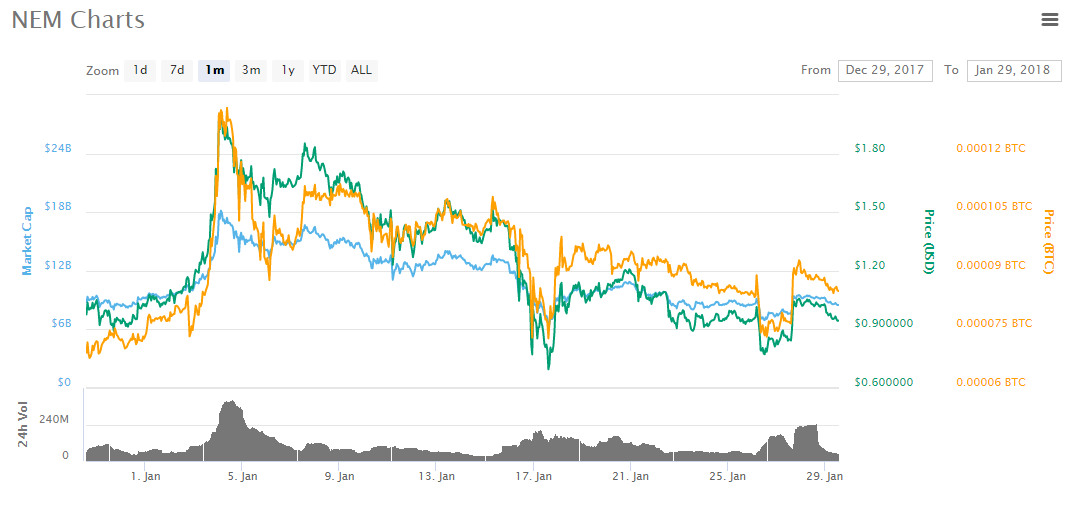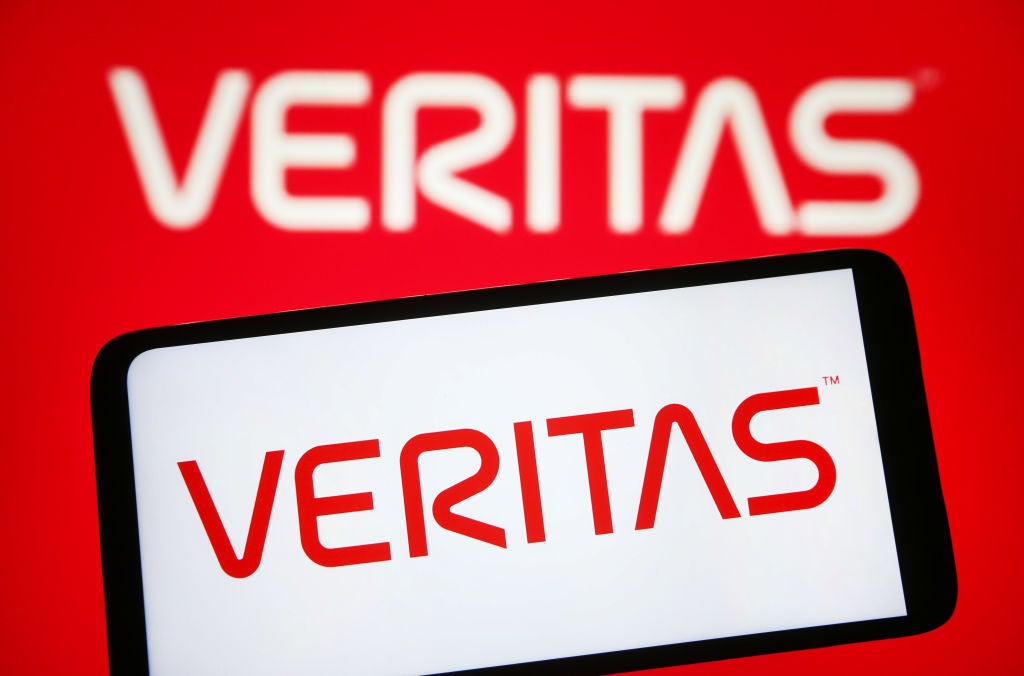
As bitcoin — and its cryptocurrency peers — becomes better known and more widely accepted as payment, bitcoin heists are rising too. Here’s a short guide to keeping your cryptocurrency safe.
Reuters reported in December that around 980,000 bitcoins, worth about $15bn at the time of the wire service’s calculations, have been stolen from exchanges over the currency’s lifetime.
Few of these stolen bitcoins get recovered, leaving some investors without any compensation.
The almost constant hacks have not kept demand for digital currencies from soaring, however.
Bitcoin’s value climbed more than 15-fold in 2017 and though it has dipped in 2018 the price is still 10 times what it started last year at.
The latest cryptocurrency exchange victim is a Japanese company that had 58bn Japanese yen ($500m) worth of digital NEM coins stolen. The cryptocurrency NEM is designed to help businesses handle data digitally and has a market cap of $8.5bn.
How well do you really know your competitors?
Access the most comprehensive Company Profiles on the market, powered by GlobalData. Save hours of research. Gain competitive edge.

Thank you!
Your download email will arrive shortly
Not ready to buy yet? Download a free sample
We are confident about the unique quality of our Company Profiles. However, we want you to make the most beneficial decision for your business, so we offer a free sample that you can download by submitting the below form
By GlobalDataThe lesser-known digital currency briefly fell more than 20 percent on Friday when the news of the hack broke but has largely recovered those losses, according to CoinMarketCap.
Click to enlarge

Most other major digital currencies, including bitcoin, traded little changed on the day.
Coincheck said yesterday it would refund around 90 percent of the stolen NEM coins with internal funds.
Meanwhile, over the weekend it was reported that armed robbers broke into the family home of a city financier turned bitcoin trader and forced him to transfer the digital currency at gunpoint. The thieves made off with bitcoins estimated to be worth almost $1m.
It’s thought this was the first physical cryptocurrency or bitcoin heist of its kind in the UK.
Keeping your bitcoin safe — 3 things you can do
Any asset that has risen in value as quickly as bitcoin is bound to attract criminals. Due to bitcoin’s relative anonymity and established use on the internet’s hidden dark net for buying illegal goods and services, many people who use bitcoin are already living outside the law.
But bitcoin’s underworld connections shouldn’t mean legitimate investors or cryptocurrency enthusiasts are put off — there are plenty of ways to make sure the bitcoin or cryptocurrency you buy is done so legally, safely, and securely.
Cryptocurrency expert and economic historian at the University of Cambridge and the London School of Economics Garrick Hileman told Verdict:
There is no one perfect strategy for securely storing cryptocurrency as each option comes with trade offs.
People concerned with heists like this one may think about turning to a custodian vault or cryptobank to hold their cryptocurrency. However, trusted custodians have been frequent victims of hacking, and criminals may still be able to force someone held hostage to transfer cryptcurrency from a custodian or multisignature wallet.
Another option is to store a hardware wallet in something like a bank safety deposit box. However, this can be inconvenient, and in the past it has been possible to compromise some hardware wallets where the attacker has physical access to the device.
Ultimately, it is important for people to fully understand the inherent security risks in owning cryptocurrency.
1) Custodian vaults and crypto-banks
Crypto-banks and other ways of storing bitcoin with a third party have been growing in popularity as early bitcoin and cryptocurrency adopters have become richer and want to safely store their investment.
Usually formally regulated by their home countries financial watchdog they will often insure holdings against theft or loss.
There are a lot of providers of custodian vaults and crypto-banks out there, with more popping up every day.
Make sure you do your research before choosing to leave your cryptocurrency with any of them. Checking the country of operation and if they’re covered by local laws is a must.
2) Hardware wallets
A hardware wallet is a special type of bitcoin wallet which stores the user’s private keys in a physical device instead of in the cloud or on a phone or laptop computer.
Hardware wallets are generally immune to computer viruses that steal from software wallets.
3) Secrecy means safety
The golden rule of bitcoin security is that if you don’t control the private key, you don’t control the bitcoin. Make sure you never give out your private key or store it in a email server that could be hacked.






